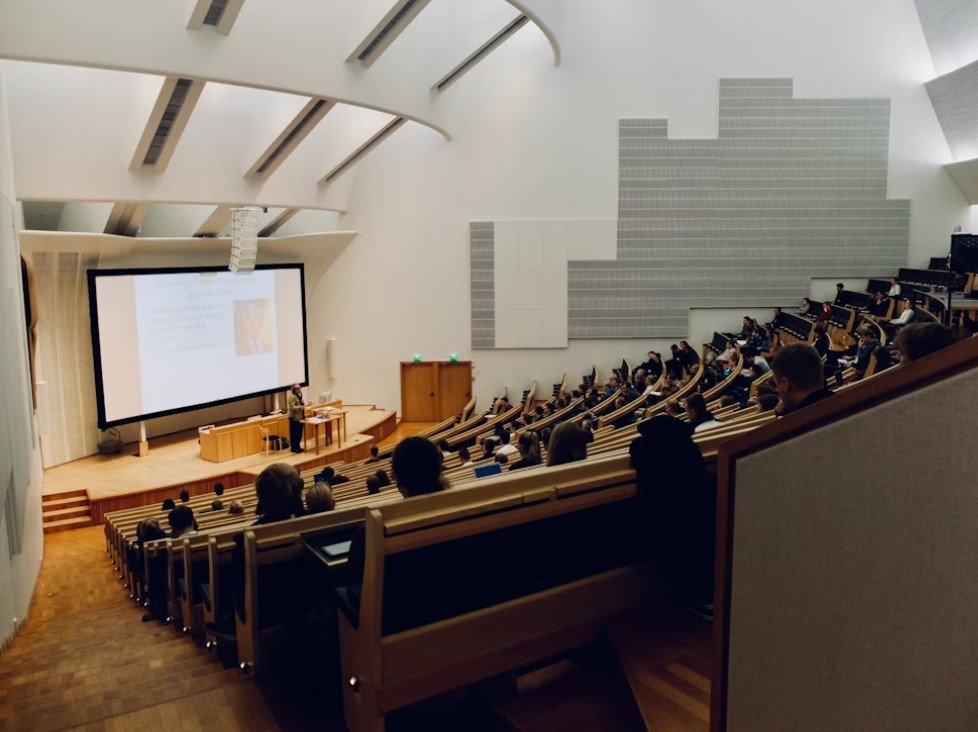Education
The Role of Inclusive Education in Masters Special Education Programs

A smooth blend of unity can create patterns in the intricate mosaic of education. This is where Inclusive Education comes into play. Masters special education role in preparing educators is more critical than ever.
This post examines the pivotal influence of inclusive education. Read on to learn more.
Navigating the Philosophy of Inclusive Education
Inclusive Education is a commitment to the idea that all students. They should be allowed to learn together in the same classroom and community. It emphasizes that diversity is a natural part of the learning environment.
A master’s program is the optimal space to ground future educators in this philosophy. It is not an abstract principle but a practical and ethical approach.
Understanding Diversity as a Norm
Inclusive education programs redefine the norm by instilling the belief. They reframe the role of an educator to be more than a conveyor of information. They become a facilitator of inclusivity and a cultivator of environments.
Crafting Curricula with Inclusion in Mind
Master S-level special education programs must emphasize the development of inclusive curricula. These curricula are designed to engage all students with various learning styles. To foster an inclusive educational space, this involves:
- innovative lesson planning
- the use of adaptive technology
- rethinking of traditional teaching methodologies
Preparing Educators to be Inclusive Leaders
Educating educators is a multi-layered process that demands:
- robust content
- strong mentorship
- hands-on experience
Special education master’s programs are responsible for producing knowledgeable graduates.
Developing a Strength-Based Approach
Inclusive education shifts the focus from deficits to strengths. Master’s students should be taught to identify and leverage every learner’s strengths. Creating opportunities for success and promoting a positive learning experience for all students.
Mentorship and Practical Experience
It plays a significant role in preparing future educators for the challenges. Practical experiences allow students to apply their knowledge in real-world situations.
Bridging Theory with Practice in Special Education
Theoretical foundations of inclusion are important. The practical applications must be with them. Special education master’s programs should provide a solid theoretical foundation.
Integrating Co-Teaching Models
Masters programs often focus on co-teaching models. General education teachers work together to plan, instruct, and assess students.
This model embodies the collaborative approach necessary for successful inclusive education. It also allows future educators to experience partnership in action.
Inclusive School Leadership
Understanding inclusive education is essential for educators who aspire to lead. Special education programs should offer coursework.
Notre Dame de Namur University (NDNU) stands at the forefront of inclusive education. It offers a Master’s program to equip educators.
NDNU prides itself on blending theory with practical application. This ensures its graduates are well-versed in inclusive philosophies. It prepares its students to become leaders.
Understanding the Masters Special Education
The role of inclusive education in masters special education programs cannot be overstated. It is vital to prepare future educators for the reality of diverse classrooms.
We can create a future where inclusive education is the norm. Master’s programs must evolve in the ever-changing landscape of education.
For more helpful tips, check out the rest of our site today!
-

 Entertainment1 month ago
Entertainment1 month ago123Movies Alternatives: 13 Best Streaming Sites in 2026
-

 Entertainment2 months ago
Entertainment2 months ago13 Free FMovies Alternatives to Watch Movies Online in 2026
-

 Entertainment1 month ago
Entertainment1 month ago13 Flixtor Alternatives to Stream Free Movies [2026]
-

 Entertainment1 month ago
Entertainment1 month agoGoMovies is Down? Here are the 11 Best Alternatives






